Annotation for the Mathematics Curriculum Program, Grades 5-9
Course Title
Mathematics
Grade
5-9, FSES
Number of Hours
850
Textbooks
Author’s mathematics program, edited by G.V. Dorofeev, S.B. Suvorova
“Mathematics 5, 6” by G.V. Dorofeev, I.F. Sharygin, S.B. Suvorova, E.A. Bunimovich, L.V. Kuznetsova, S.S. Minaeva, L.O. Roslova
“Algebra 7” by G.V. Dorofeev, S.B. Suvorova, E.A. Bunimovich, L.V. Kuznetsova, S.S. Minaeva
Public education programs. Geometry. Grades 7-9, compiled by T.A. Burmistrova
“Geometry 7-9” by A.V. Pogorelov
Course Aims and Objectives
Objectives of Education:
-
In terms of personal development:
-
Formation of ideas about mathematics as part of universal culture, about its significance in the development of civilization and modern society;
-
Development of logical and critical thinking, language culture, and the ability to conduct mental experiments;
-
Formation of intellectual honesty and objectivity, the ability to overcome mental stereotypes stemming from everyday experience;
-
Development of personality traits ensuring social mobility and the ability to make independent decisions;
-
Formation of thinking qualities needed for adaptation in the modern information society; development of interest in mathematical creativity and mathematical abilities;
-
In terms of meta-subject development:
-
Development of ideas about mathematics as a form of describing and a method of understanding reality, creating conditions for acquiring initial experience in mathematical modeling;
-
Formation of general intellectual methods typical for mathematics and foundational for cognitive culture, significant for various spheres of human activity;
-
In terms of subject-specific development:
-
Mastery of mathematical knowledge and skills necessary for further education, studying related disciplines, and applying them in daily life;
-
Creation of a foundation for mathematical development, forming thinking mechanisms specific to mathematical activity.
Learning Tasks
Mathematics (Grades 5-6) aims to address the following main tasks at the stage of basic education:
-
Continue the formation of theoretical thinking foundations (analysis, planning, and reflection);
-
Based on the reflection of elementary school concepts, identify key subject-specific tasks and assess how well existing methods can solve them; analyze and compare various models describing these methods;
-
Based on the generalization and systematization of elementary school material, highlight the general aspects of the concepts of magnitude and number;
-
Organize targeted activities for students to construct other numerical systems (expansion of the natural number system, ultimately the system of real numbers);
-
Strengthen the role of modeling, as models acquire a qualitatively new role: from a means of fixing discovered methods, models become sources for formulating educational tasks and thus discovering new methods.
Algebra (Grades 7-9) sets the following main tasks for the course at the stage of basic education:
-
Development of logical, algorithmic, functional, probabilistic thinking, and critical thinking; formation of general intellectual methods typical for mathematics and foundational for cognitive culture, which are important in various spheres of human activity;
-
Mastery of mathematical knowledge and skills necessary for further education in high school (grades 10-11), studying related subjects, and applying them in everyday life.
-
Development of the concept of mathematics as a form of describing and a method of understanding reality, and creating conditions for acquiring initial experience in mathematical modeling.
Geometry (Grades 7-9) sets the following objectives for the course at the stage of basic education:
-
Systematic study of the properties of geometric figures on the plane;
-
Formation of spatial representations;
-
Development of logical thinking and preparation for studying related disciplines (physics, drawing, etc.) and the course of stereometry in higher grades.
Program Structure
Explanatory note:
-
Course objectives and tasks considering the specifics of the course;
-
General description of the course content;
-
Description of the course’s place in the educational plan;
-
Personal, meta-subject (competency-based), and subject-specific outcomes of mastering the particular course;
-
Course content;
-
Educational and thematic plan;
-
Criteria and standards for evaluating students' knowledge, skills, and competencies with respect to different forms of knowledge assessment;
-
Description of material-technical, educational-methodological, and informational support for the educational process;
-
Control and assessment tools.
Course Title
Mathematics
Grade
5-9, FSES
Number of Hours
850
Textbooks
Author’s mathematics program, edited by G.V. Dorofeev, S.B. Suvorova
“Mathematics 5, 6” by G.V. Dorofeev, I.F. Sharygin, S.B. Suvorova, E.A. Bunimovich, L.V. Kuznetsova, S.S. Minaeva, L.O. Roslova
“Algebra 7” by G.V. Dorofeev, S.B. Suvorova, E.A. Bunimovich, L.V. Kuznetsova, S.S. Minaeva
Public education programs. Geometry. Grades 7-9, compiled by T.A. Burmistrova
“Geometry 7-9” by A.V. Pogorelov
Course Aims
Mathematics education at the level of basic general education aims to achieve the following goals:
-
Mastery of mathematical knowledge and skills necessary for application in practical activities, studying related subjects, and further education;
-
Intellectual development and the formation of personality traits required for a full life in modern society, typical for mathematical activities: clarity and precision of thought, critical thinking, intuition, logical thinking, elements of algorithmic culture, spatial representations, and the ability to overcome difficulties;
-
Formation of ideas about the methods and ideas of mathematics as the universal language of science and technology, as a tool for modeling phenomena and processes;
-
Cultivation of personal culture and attitude towards mathematics as part of universal culture, which plays a special role in social development.
Program Structure
Explanatory note:
-
Course objectives and tasks considering the specifics of the course;
-
General description of the course content;
-
Description of the course’s place in the educational plan;
-
Requirements for student preparation level and subject-specific outcomes of mastering the particular course;
-
Course content;
-
Educational and thematic plan;
-
Criteria and standards for evaluating students' knowledge, skills, and competencies with respect to different forms of knowledge assessment;
-
Description of material-technical, educational-methodological, and informational support for the educational process;
-
Control and assessment tools.
Course Title
Mathematics
Grade
10-11, FSES
Number of Hours
340
Textbooks
Public Education Programs. Algebra and the Foundations of Mathematical Analysis for Grades 10-11, compiled by T.A. Burmistrova
Algebra and the Foundations of Mathematical Analysis by Sh.A. Alimov et al.
Program Geometry for Grades 10-11, compiled by O.V. Muravina
Geometry 10-11 by I.F. Sharygin
Zubareva I.I., Mordkovich A.G. Programs. Algebra and the Foundations of Mathematical Analysis for Grades 10-11.
Algebra and the Foundations of Mathematical Analysis by A.G. Mordkovich, L.O. Denischeva et al.
Course Goal
-
Formation of ideas about mathematics as the universal language of science, a tool for modeling phenomena and processes, and about the methods and ideas of mathematics;
-
Development of logical thinking, spatial imagination, algorithmic culture, and critical thinking at a level necessary for higher education in the respective field and for future professional activities;
-
Mastery of mathematical knowledge and skills necessary for daily life, for studying natural science subjects at a basic level, and for obtaining education in areas that do not require advanced mathematical preparation;
-
Cultivation of personal culture using mathematics: an attitude towards mathematics as part of universal culture, acquaintance with the history of mathematics, the evolution of mathematical ideas, and understanding the significance of mathematics for social progress.
Program Structure
Explanatory note:
-
Course objectives and tasks considering the specifics of the course;
-
General description of the course content;
-
Description of the course’s place in the educational plan;
-
Requirements for student preparation level and subject-specific outcomes of mastering the particular course;
-
Course content;
-
Educational and thematic plan;
-
Criteria and standards for evaluating students' knowledge, skills, and competencies with respect to different forms of knowledge assessment;
-
Description of material-technical, educational-methodological, and informational support for the educational process;
-
Control and assessment tools.
Hvordan kan hyperspektral billedbehandling og maskinlæring anvendes til analyse af jordens egenskaber?
Hvordan man kan forstå undertrykkelsen og brutaliteten i samfundets skygger
Kan et militært nederlag blive den frugtbare jord for revolution?
Hvorfor er et stort nationalt projekt i uddannelse nødvendigt?
Afsluttende skriftlig opgave i skoleåret 2017/2018: Tematiske retninger og vurderingskriterier
Arbejdsplan i kemi for 8. klasse (B og M) ved den kommunale autonome uddannelsesinstitution "Gymnasium nr. 4" i byen Tjeboksary, hovedstad i Tjuvasjiske Republik
Undervisningsplan for kemi i 8.BM-klasse

 Deutsch
Deutsch
 Francais
Francais
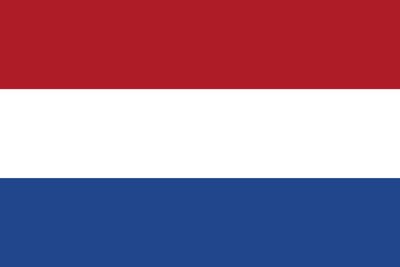 Nederlands
Nederlands
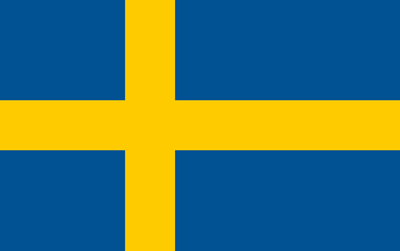 Svenska
Svenska
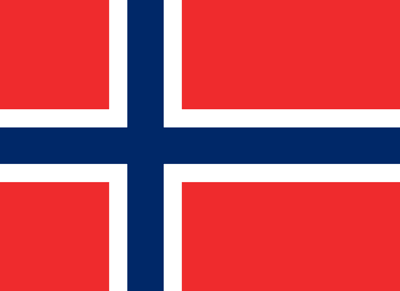 Norsk
Norsk
 Dansk
Dansk
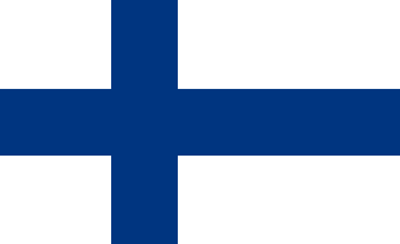 Suomi
Suomi
 Espanol
Espanol
 Italiano
Italiano
 Portugues
Portugues
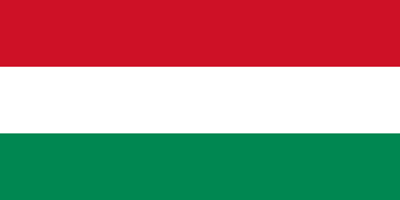 Magyar
Magyar
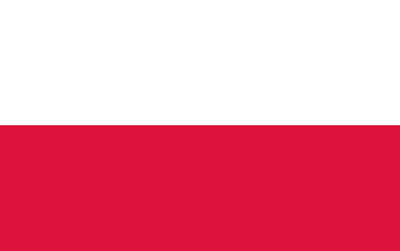 Polski
Polski
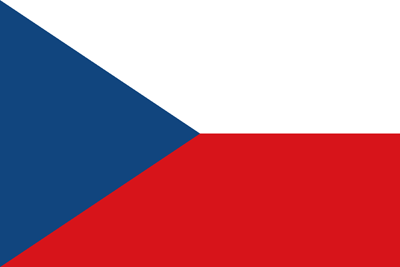 Cestina
Cestina
 Русский
Русский